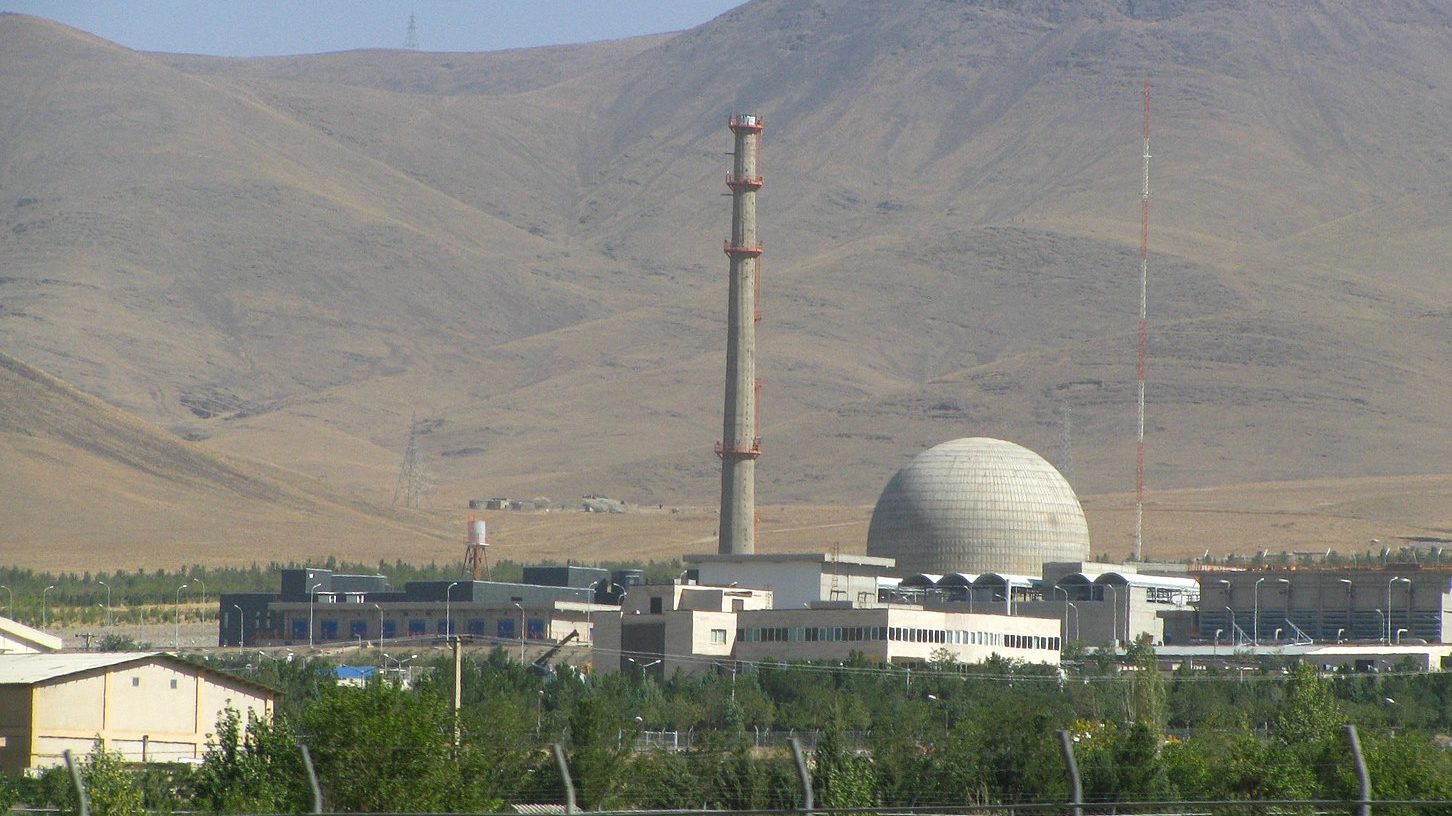Why the Biden Administration Is Restoring Iran Sanctions Waivers Now
Washington asserts that sanctions waivers for Tehran are not sanctions relief, and what has been called a goodwill gesture as nuclear talks in Vienna reach their critical stage reportedly won’t change much on the ground in Iran
The Biden Administration on Friday restored some sanctions waivers to Iran.
The waivers were frozen under the Trump Administration and their reinstatement is seen as a way to encourage progress in the nuclear talks in Vienna as the sides reach a critical phase in the negotiations. The talks between Iran and the world powers, which began in April and were paused over the summer during Iran’s presidential elections, which brought hard-liner Ebrahim Raisi to power, are now entering their ninth and what many believe to be the final round. The US, which left the nuclear agreement three years after it was signed, is holding simultaneous talks with Iran in Vienna.
The waivers will allow foreign companies and countries that work in civilian nuclear facilities in Iran to do so without facing American penalties.
They are meant, in part, to bring the world powers that are currently signatories to the nuclear agreement on board with returning to the Joint Comprehensive Plan of Action (JCPOA), as the Iran nuclear agreement is known, according to a report sent to the US Congress by the State Department and reported by Reuters, which saw a copy of the report.
The signatories to the JCPOA are China, France, Germany, Russia, the United Kingdom, the United States, and the European Union, as well as Iran.
The Trump Administration canceled the waivers in May 2020, after it had snapped back crippling sanctions on Iran in 2018 when it pulled the United States out of the nuclear deal signed in 2015 between Iran and the world powers. US President Joe Biden has made returning to the JCPOA a priority of his administration.
Those waivers had allowed Russian, Chinese and European companies to carry out work that would in essence make it more difficult for Iranian nuclear sites that the Islamic Republic claims are only for civilian nuclear uses to be used for weapons development.
This holiday season, give to:
Truth and understanding
The Media Line's intrepid correspondents are in Israel, Gaza, Lebanon, Syria and Pakistan providing first-person reporting.
They all said they cover it.
We see it.
We report with just one agenda: the truth.


The sanctions waivers are not intended as sanctions relief, however.
US State Department spokesman Ned Price reiterated that the decision to provide sanctions waivers for Iran does not mean that the sanctions have been lifted or that the US has provided sanctions relief to the Islamic Republic.
“We did NOT provide sanctions relief for Iran and WILL NOT until/unless Tehran returns to its commitments under the JCPOA. We did precisely what the last Administration did: permit our international partners to address growing nuclear nonproliferation and safety risks in Iran,” Price tweeted on Saturday.
Iran’s Foreign Minister Hossein Amir Abdollahian praised the waiver but said that it does not go far enough as a goodwill gesture.
“The lifting of some sanctions can, in the true sense of the word, translate into their goodwill. Americans talk about it, but it should be known that what happens on paper is good but not enough,” Abdollahian said, according to the semi-independent ISNA news service.
He said that in addition to goodwill, Iran is seeking a guarantee that the US will not pull out of the deal a second time.
Since the US left the deal, Iran has continued to violate its terms, including adding more advanced centrifuges and enriching uranium to 60%, a short technical step from the 90% enrichment needed to achieve a nuclear bomb.
Among the activities allowed by the waivers approved on Friday are redesigning the Arak heavy water reactor and preparing and modifying its Fordow facility for stable isotope production, as well as operations, training and services related to the Bushehr nuclear power plant, according to Reuters.
On Saturday, Iran’s top security official Ali Shamkhani said that Iran will not give up its right to continue its nuclear research and development, no matter what agreement it signs. “Iran’s legal right to continue research and development and maintain its peaceful nuclear capabilities and achievements, side by side with its security … cannot be curbed by any agreement,” he tweeted.
The waiver reportedly is necessary as a technical measure and does not signal a major concession to Iran. The waiver does not change much on the ground in Iran either and does not allow Iran to advance its nuclear weapons program as it focuses on its civil nuclear program, according to reports.
The US wants to have a revamped deal locked down with Iran in the coming weeks, at least by March 7, when the Board of Governors of the International Atomic Energy Agency nuclear watchdog holds its quarterly meeting.
Meanwhile, Israeli Prime Minister Naftali Bennett said on Sunday at the start of the weekly cabinet meeting that Jerusalem is monitoring the Vienna talks and their developments, since “the greatest threat against the State of Israel is Iran.”
“Our position is well-known and clear: An agreement – according to the apparent terms – will damage the ability to deal with the nuclear program. Whoever thinks that an agreement will increase stability – is mistaken. It will temporarily delay enrichment but all of us in the region will pay a heavy, disproportionate price for it,” Bennett said.
“Every knowledgeable investor knows that investing in the Iranian regime, in the Iranian economy, is an unwise investment in both the long and intermediate terms,” he added.

